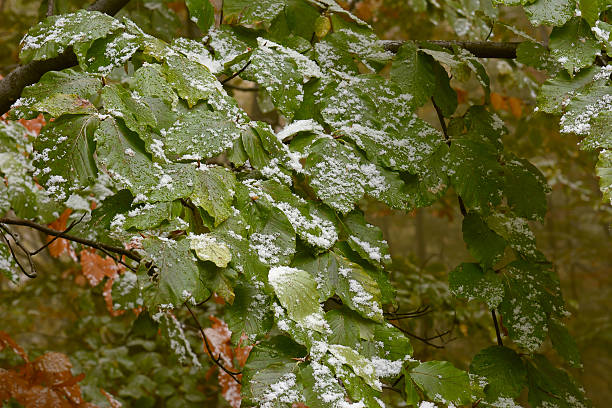If you’ve been enjoying skiing or snowboarding this winter, you might soon find such experiences becoming rare. A recent study indicates that the era of consistent, ample snow is ending due to climate change.
Over the past 20 years, the US ski industry has lost over $5 billion as a result of global warming, which has led to reduced snowfall in mountain regions. Warmer temperatures are causing more precipitation to fall as rain rather than snow, affecting ski seasons.
This has shortened the average ski season in the US by five to seven days in the last fifty years, resulting in an annual revenue loss of approximately $252 million and increased expenses for snowmaking equipment.

Daniel Scott, a researcher from the University of Waterloo, noted that the industry may have already surpassed its peak seasons. The ski and tourism sectors are increasingly facing challenges due to climate change.
Warm winters are impacting both US and European ski resorts. In countries like France, Austria, and Bosnia, many ski resorts are struggling with minimal snow, leading to halted ski lifts and closed resorts. In the US, western resorts are seeing less than half their usual snowpack, which forces them to either produce more artificial snow or reduce their offerings.
Scott highlighted that record-breaking temperatures this winter are a glimpse of the future, pushing the limits of snowmaking and altering ski plans for many. Last year was the hottest on record, and 2024 has continued this trend with extreme temperatures.
Research comparing winters from the 1960s and 1970s to recent decades shows a clear decline in ski seasons, with projections suggesting that by the 2050s, ski seasons could shorten by 14 to 33 days.
If global emissions are not reduced, ski conditions could be lost for up to two months by mid-century. The extent of these reductions will depend on global efforts to meet climate goals and limit warming to below 2°C.

